![]() Dec 30 2022
Dec 30 2022
![]()
The terms "biodegradable" and "compostable" are ubiquitous, but they're often used interchangeably, incorrectly, or misleadingly -- adding to the confusion for anyone trying to shop sustainably. In order to make a truly earth-friendly choice, it's important to understand what biodegradable and compostable are, what they're not, and the differences between them.
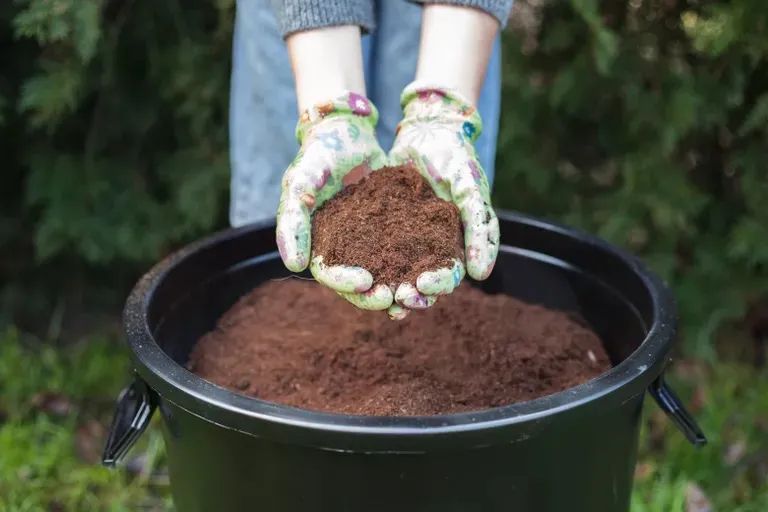
Biodegradable refers to any substance that can be broken down by microorganisms (such as bacteria and fungi) and absorbed into the natural environment. Biodegradation is a naturally occurring process; when an object degrades, its original components degrade into simpler components such as biomass, carbon dioxide, and water. This process can take place with or without oxygen, but when oxygen is present, the process takes less time - like a bunch of leaves in your yard decomposing in one season Lose. Biodegradation can take from a few days (vegetable residue) to 500 years or more (plastic bags).
The time it takes to biodegrade depends on the chemical composition of the object and how it was stored. Variables such as temperature, water, light, and the presence of oxygen affect the rate of degradation. Most landfills have very little light, air, and moisture, so the biodegradation process is significantly slowed down.
Vegetable peels, eggshells, paper, and garden waste are all biodegradable right away. When discarded, these items decompose in a relatively short period of time, so they can be assimilated into the natural environment. Even some commercial items like coconut coir scrubbers fall into this category. In contrast, materials such as Styrofoam, plastic, and aluminum are generally considered non-biodegradable because of how long they take to break down.
Determining whether an object is truly biodegradable can be challenging, especially when you're evaluating objects that aren't normally made of biodegradable materials, such as phone cases or tote bags. The FTC and various third-party certifiers have taken steps to monitor products for biodegradable labels. So if you want to find out if something is biodegradable, check the packaging and don't hesitate to get in touch to ask.
That said, most "biodegradable" consumer products don't actually assimilate into the earth through natural biodegradation. In order to biodegrade, they need to create a specific set of conditions through the composting process.
The term compostable refers to a product or material that biodegrades under specific, human-driven circumstances. Unlike biodegradation, which is completely natural, composting requires human intervention.
During composting, microbes break down organic matter with the help of humans, who provide the water, oxygen, and organic matter needed to optimize conditions. The composting process usually takes several months or 1 to 3 years. Timing is affected by variables such as oxygen, water, light, and the type of composting environment. There are two main types of compost:
Residential compost. Residential composting involves collecting food scraps in bins or piles, mixing them with yard waste, and turning the mixture periodically to facilitate its breakdown into more basic organic matter. For this reason, you won't be able to break down foods like meat, cheese, and fish in a residential bin -- as there won't be enough heat generated there.
Commercial compost. Commercial composting involves sifting and sorting materials into organic and inorganic, breaking them down with slicers and grinders, and creating optimal conditions of humidity, temperature, and oxygen. As a result, commercial composters are capable of breaking down more complex products than home composters.
If you're considering buying a product that claims to be compostable, be sure to read the label. Like biodegradable items, labeling of compostable materials is regulated by the FTC and third-party certifiers. You need to find out if the product is compostable in your backyard bin, or if it requires commercial composting. Not all cities offer commercial composting, and you shouldn't want to choose a compostable product only to find out that it's not actually compostable.
If you've bought a phone case, travel mug, or reusable shopping bag lately, you've probably come across biodegradable and compostable bagasse pulp molded products. Many restaurants are even starting to use bio-based products for takeout containers, cutlery, and cups. These items are often made from materials such as bagasse, cellulose, and cornstarch. When properly composted, they break down into non-toxic carbon dioxide, biomass, and water. However, being biodegradable or compostable doesn't mean it will break down under any and all conditions, or that it's truly eco-friendly.
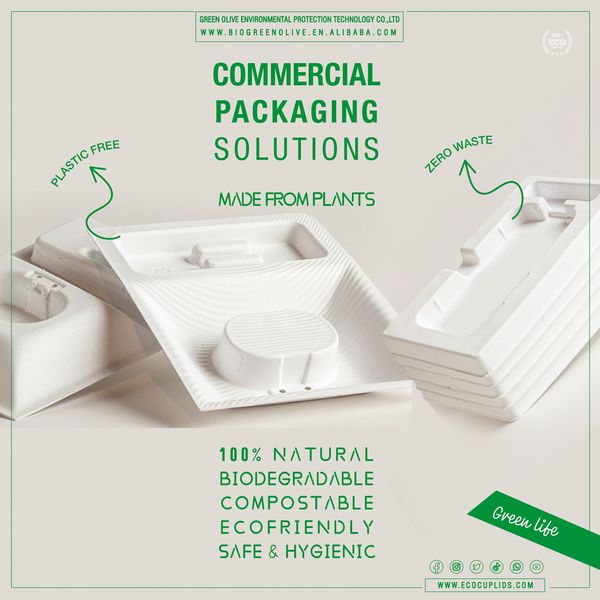
Compostable items are a great option if you want to reduce your environmental impact. Composting an item means it doesn't end up in a landfill, and if you compost at home, you can use this organic matter to help your (or your neighbor's) garden grow. Plus, the labeling of compostable items is often more straightforward, so you can be sure you're choosing a greener product.
That said, compostable products require certain conditions to break down, so it's important to commit to actually composting these items rather than sending them to a landfill. Also, if an item is determined to be commercially compostable, make sure you have a facility that can handle them. Bioplastics are an improvement over conventional plastics in some ways, but they can still have a negative impact on the environment if not disposed of properly. As always, the best options remain to consume less, reuse what you already have, and avoid single-use products where possible.
No, biodegradable products are not necessarily better for the environment than compostable products. That's because biodegradable products can still be made from chemical plastics, while compostable products are often made from plants. Also, compostable products take less time to decompose, but they must be kept in proper conditions.
Biodegradable and compostable bioplastics are not recyclable because they are designed to break down under certain conditions. If not disposed of properly, they can contaminate and damage recycling equipment. A material that is also biodegradable, compostable, and recyclable is cardboard.
You should only use compostable bags in your compost bin. Biodegradable bags are not necessarily compostable and can still be made of plastic.
There are many factors that determine how long it takes for compost bags to decompose. Most are designed to break down between three and six months.
Bioplastics produce the greenhouse gas methane when sent to landfill. They also don't break down in the marine environment, although most plastics end up in the ocean.
PRODUCT CATEGORIES
![]() You May Also Like
You May Also Like
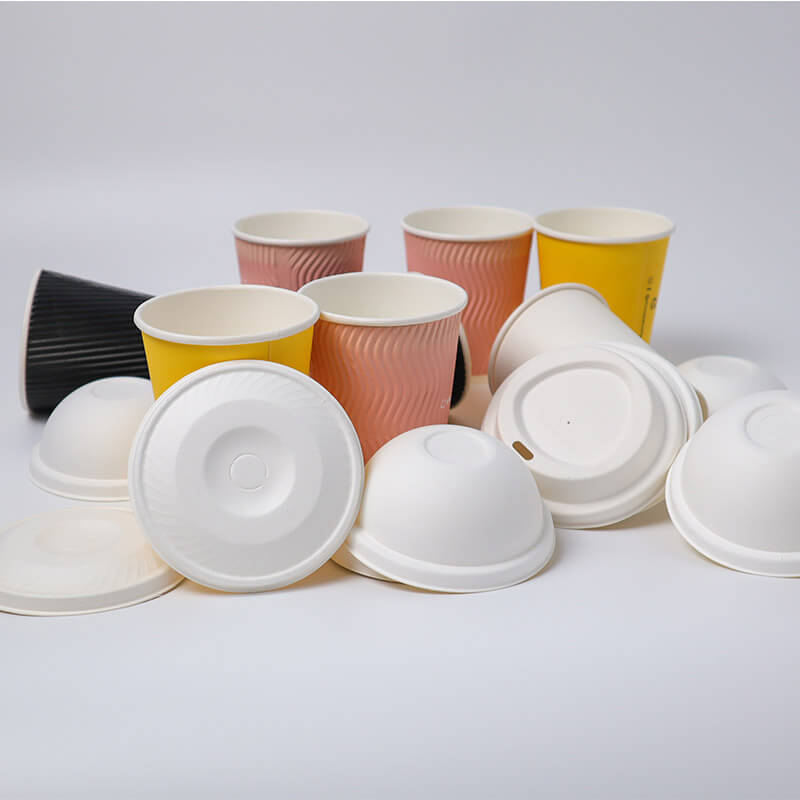
Custom Biodegradable Bagasse Pulp Cuplids, Coffee Paper Cup And Lids
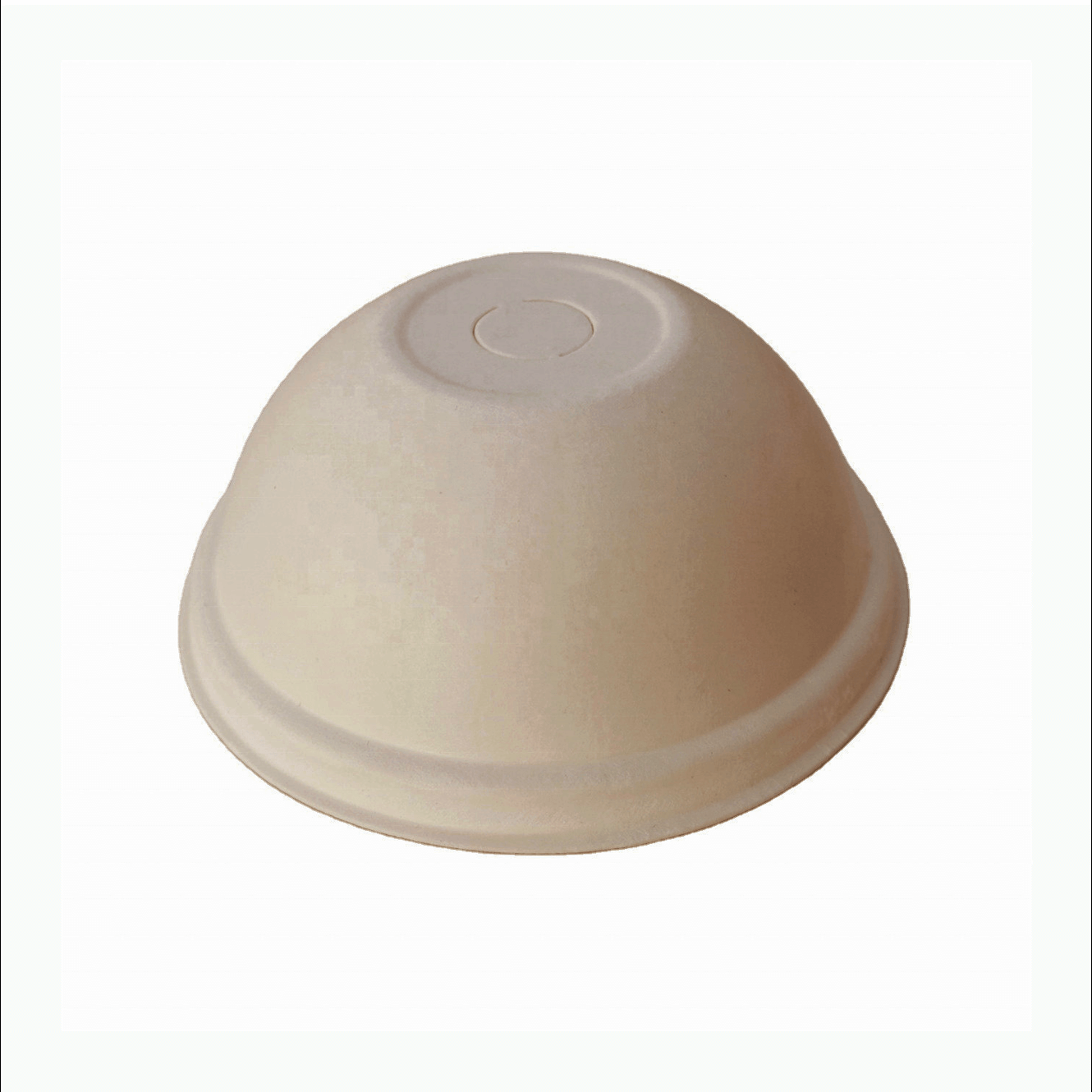
80mm Bagasse paper lid, dome shape, natural brown
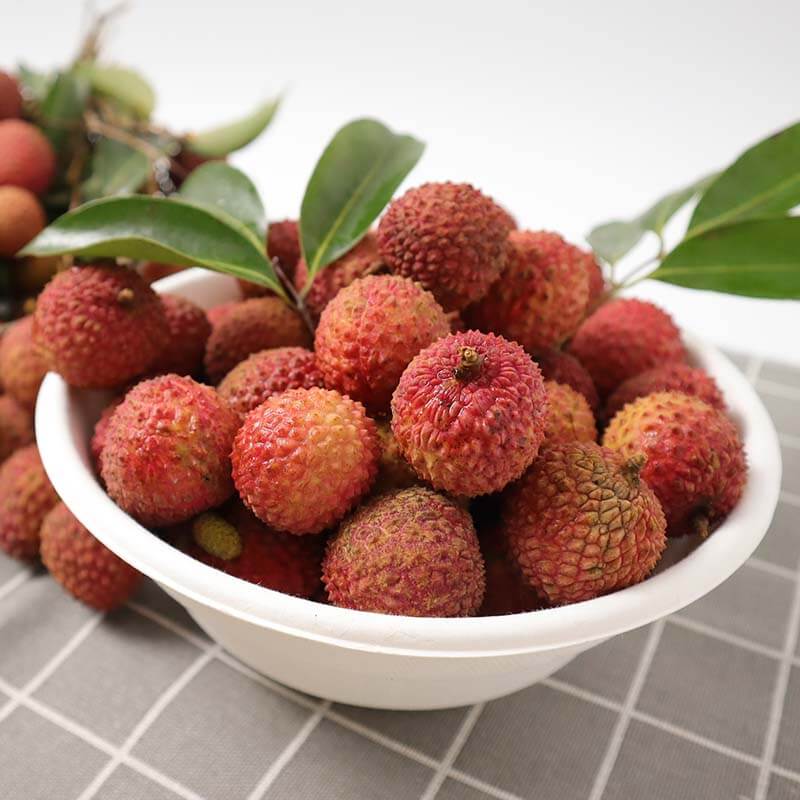
Wholesale Biodegradable Disposable Bagasse Salad Rice Fruit Bowl
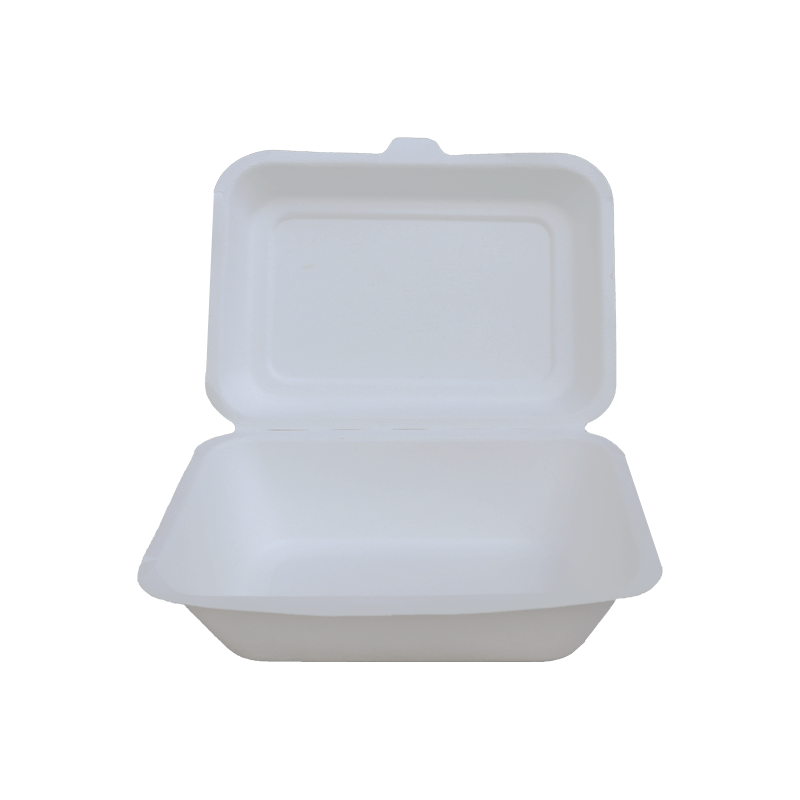
7 x 5 inch Rectangle bagasse clamshell, white
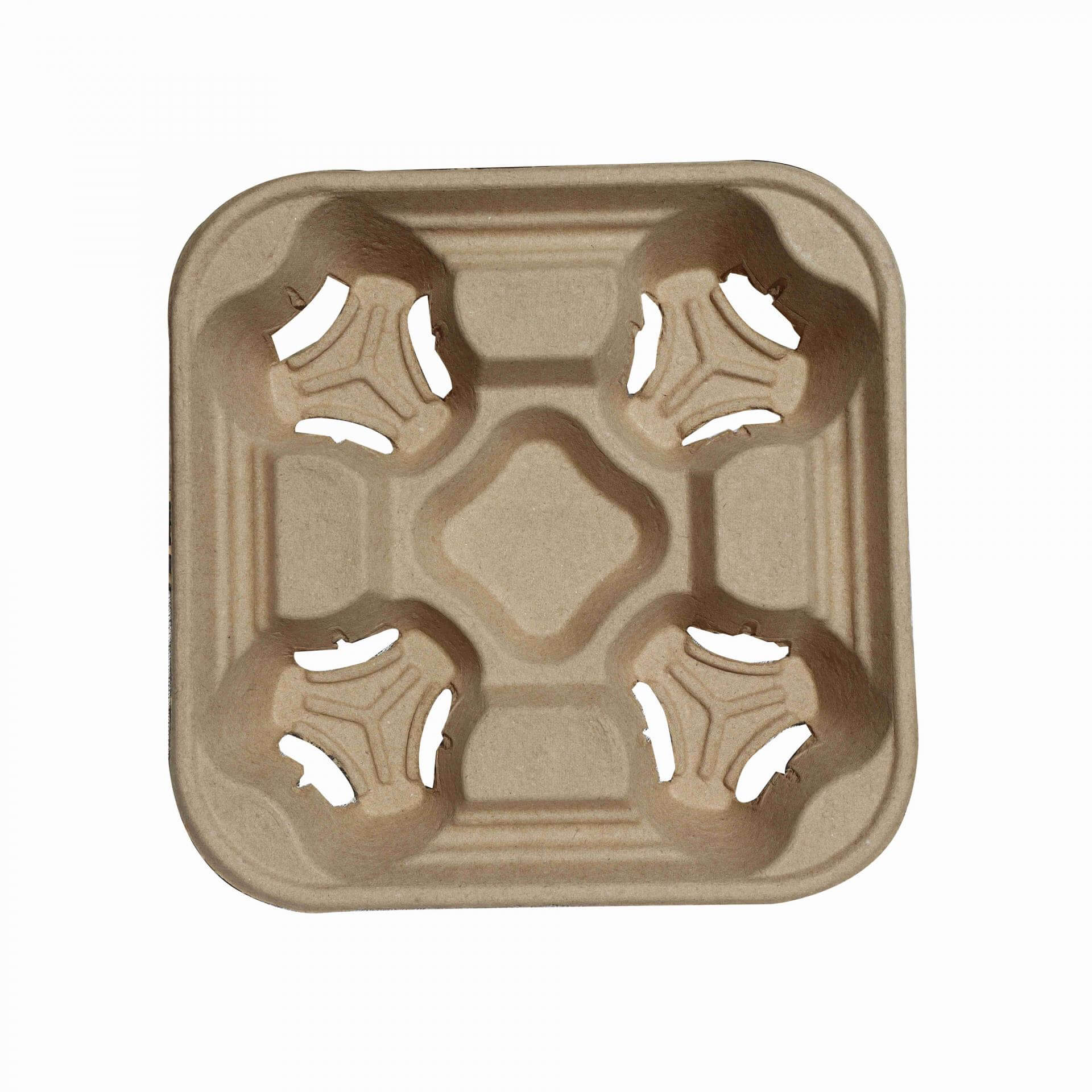
Corrugated pulp disposable 4 cup holder tray takeaway carrier
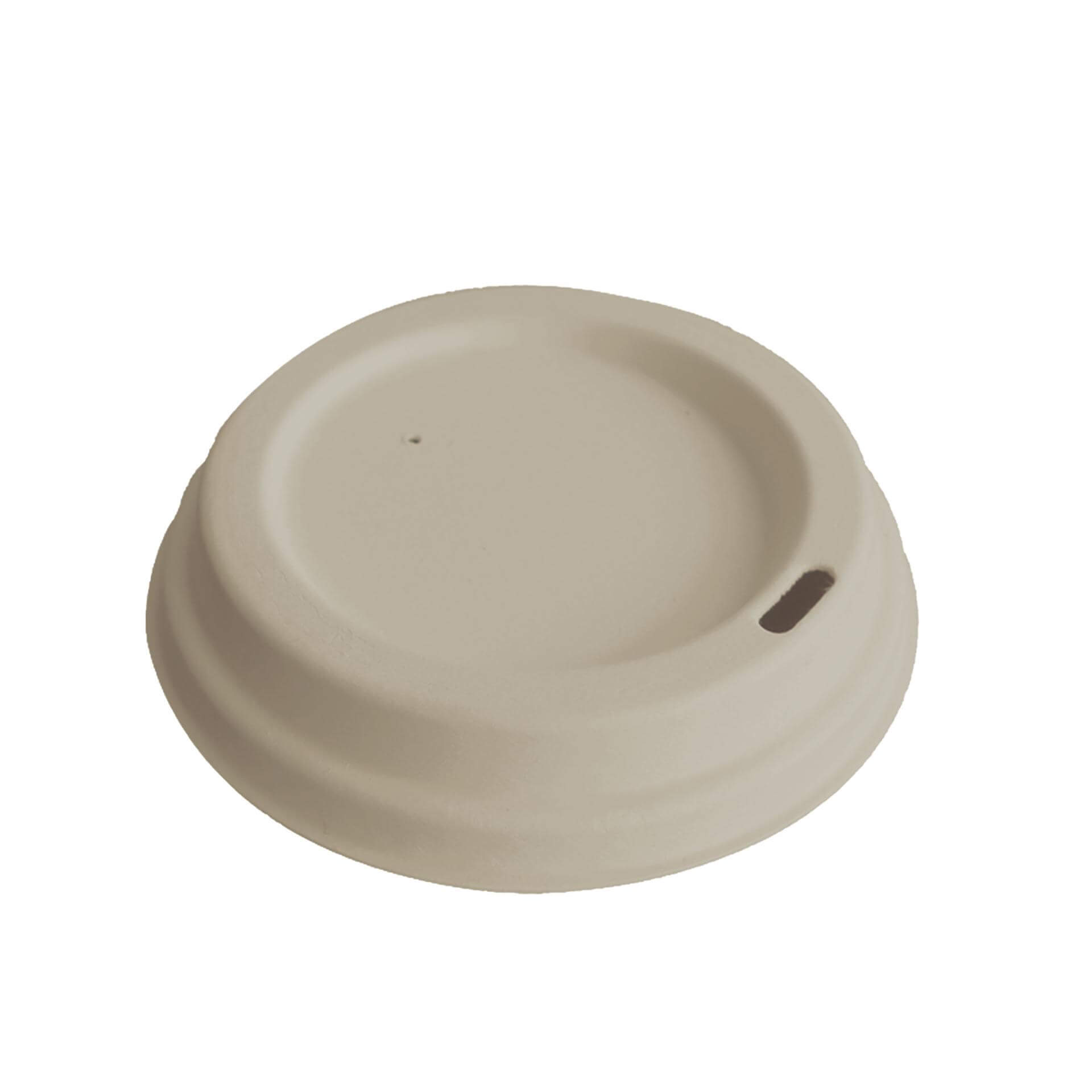
90mm natural brown sugarcane pulp sip lid, round design
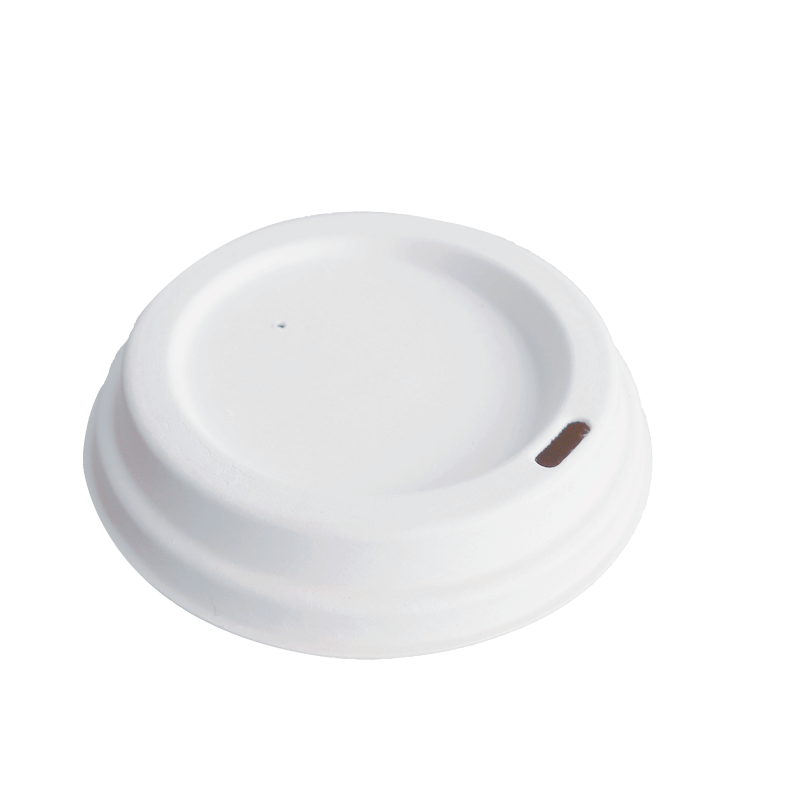
90mm White sugarcane pulp sip lid, round design
